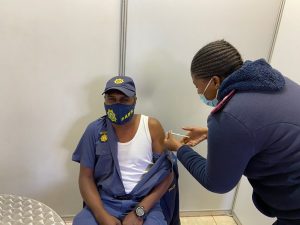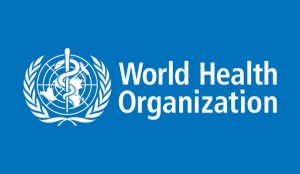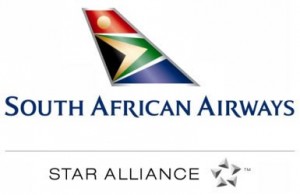Fortaleza – Russian President Vladimir Putin and South African President Jacob Zuma have held talks on broader bilateral cooperation that could be given a new impulse after the South African elections.
Starting the negotiations, President Putin congratulated President Zuma on his victory at the elections and said: “Now it is high time to recall our joint projects”.
“Despite the domestic events, we have managed to maintain a positive growth of foreign trade,” the Russian President said.
He said in the past year, trade went up 11 percent, while in the past six months, growth had reached 10 percent.
President Putin said that now when the domestic calendar did not interfere, economic cooperation should be activated.
He said confidently that: “We do have something to work on.”
President Zuma had words of gratitude for the Russian president following his good wishes.
President Zuma accepted President Putin’s proposal to discuss issues of the implementation of joint projects underscoring that Russia and South Africa were tied by the long-standing relations of friendship.
President Zuma said that his country could always count on Russia’s support and Russia could rely on the South Africans in the same measure.
BRICS Summit
President Zuma is in Fortaleza, Brazil, where he is attending the sixth Brazil, Russia, India, China and South Africa (BRICS) Summit.
South Africa will be handing over the chair to Brazil at the two-day summit themed, BRICS – Inclusive growth: Sustainable solutions.
“The Summit will emphasise social inclusion and sustainable development. It will also provide the opportunity to reflect on areas of cooperation and showcase BRICS accomplishments,” Presidency spokesperson Mac Maharaj said on Monday.
During its tenure as chair, South Africa has fully implemented the eThekwini Action Plan that BRICS leaders had tasked the country to carry out at the 5th BRICS Summit held in Durban, last year. This by hosting key ministerial meetings such as the BRICS National Security Advisors, trade, finance, agriculture and agrarian affairs, education, health, social security, and science.
Maharaj says the country also inaugurated the BRICS Business Forum and established its operational procedures as well as identified priority focus areas.
The BRICS Think Tanks Council was also established to provide critical analysis and policy advice to BRICS leaders.
The five economies are expected to sign off on the new institutions at this summit- after two years of tough negotiations.
The BRICS will pool an initial $50 billion dollars for the bank, with each country contributing an equal amount, and seek to gain influence by offering developing nations an alternative to the World Bank and International Monetary Fund.
The leaders are also expected to set up a $100 billion contingency pool, which could be available by 2015 to help any of its members if they are hit by a sudden loss of foreign capital.
Since its first Summit in 2009, BRICS has consolidated its position as a positive force for the democratisation of international relations and the countries have forged an impressive partnership carrying out cooperation initiatives in more than 30 areas between themselves.
“BRICS membership advances South Africa’s national interests through pursuing key economic priorities related t








